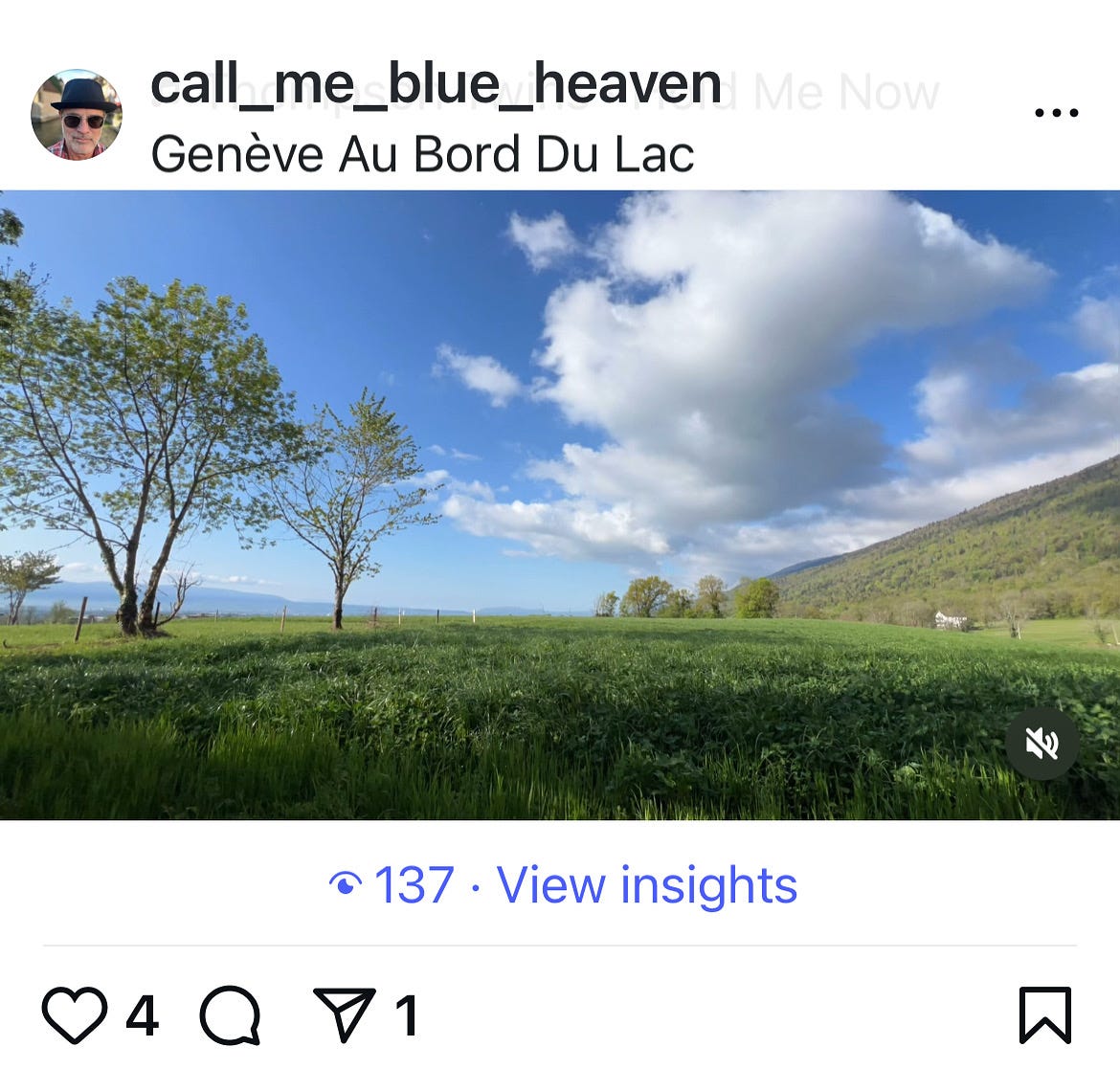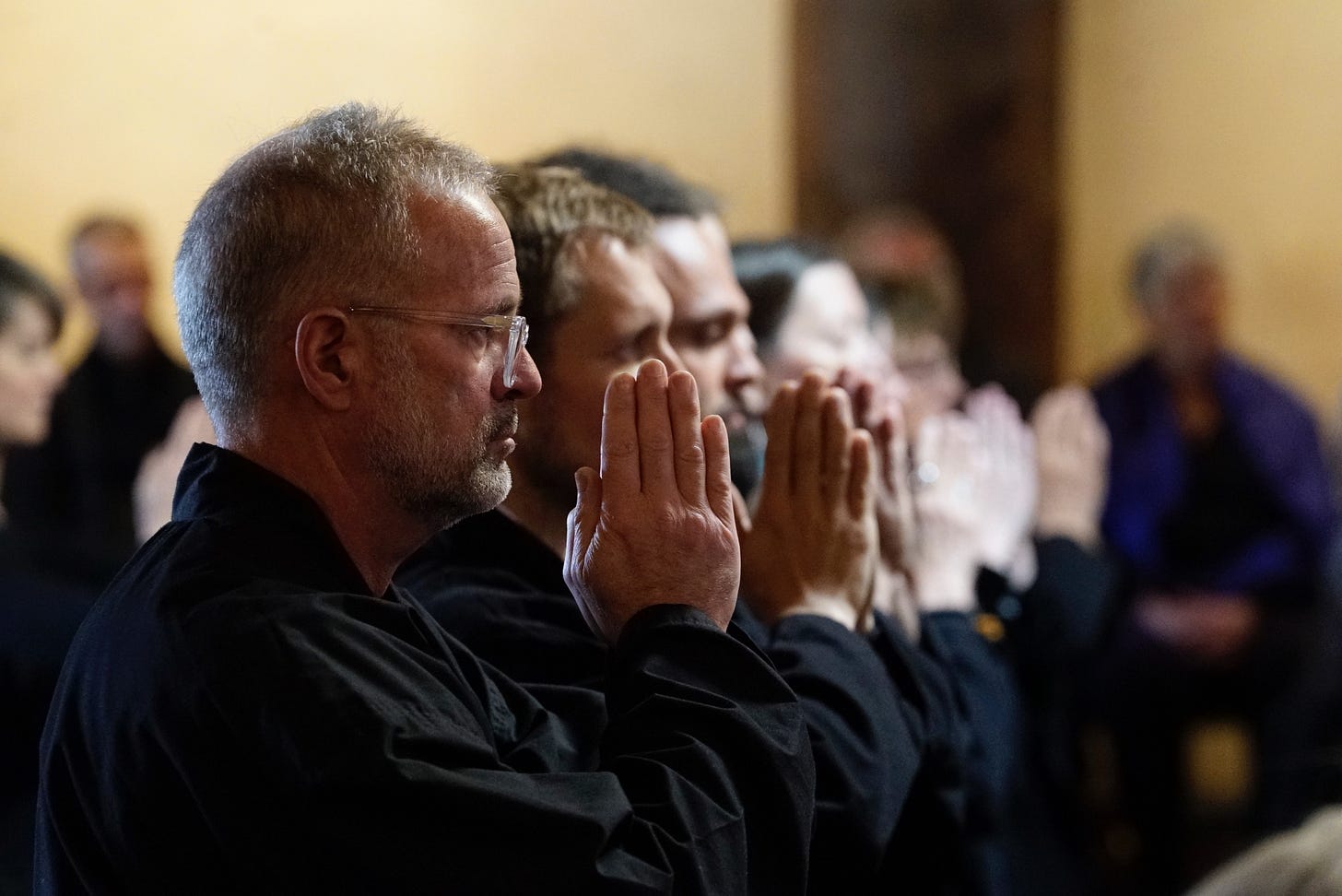Here’s a thought: every time you read someone’s post or note or tweet or whatever, tap that little empty heart emoji next to it. I’m not suggesting this because I’m essentially a teenage girl craving approval, but because it’s a generous thing to do and it won’t cost you anything.
Did you actually “like” the post? It doesn’t matter. Heart-emoji-it. Spread the love.1
(You’re not actually sitting there scrolling along thinking, “Hmmm, I like this, but only sort of … I don’t really like it, so I won’t tap that heart … I’ll watch for the seven seconds’ attention span I possess, or less, but this person doesn’t deserve a ‘like’, so I’m not going to encourage them. Hmph! Now here’s a pretty photo, but I don’t want to let that person know I’m seeing them, so I’m definitely not tapping the little heart” ? Are you?)
On another hand (of the two you might possess, besides the one hand clapping in the woods2 along with the bear defecating3 and the tree falling4), you could also “dis”-like something.
I mean, being direct and honest has many virtues (it shows you actually see someone). You’re scrolling through these notes or posts or tweets, et cetera, and you come across something you just don’t like. (On X, it’s de rigueur to respond with something impolite and crude).
But on Substack or Instagram, you may write “I politely disagree,” if you reply at all. (Anyway, if you write “I politely disagree” or “I respectfully disagree,” I’m thinking your butt must be very tight, because everyone knows one can’t apply an adverb to oneself. Not to mention in Buddhism we know that it’s by actions only that we can be judged or remembered).
I think you should say what you think, as long as it’s kind, necessary, and with the intention of bringing more harmony into the world. (Otherwise, keep it to yourself). It’s the realm of wise speech, kindness, and generosity that captures my interest.5
In the mental health world (which we’re all in, all the time, btw), it’s common knowledge that using social media (“using” is the key word here) is closely linked to poorer outcomes in one’s mental health. Younger people are especially at risk, with teen suicides connected to things as seemingly innocuous as someone else disliking a picture of one’s dog on Facebook. 6
Petty meanness leads to death. Words have power, despite the old sticks and stones adage.
Generosity is at the heart (emoji) of the matter here.
Q: What IS generosity?
A: It’s giving no matter what: the act of giving, of not holding back. It’s saying yes, it’s saying hello, it’s saying goodbye, it’s saying please and thank-you.
It’s being yourself and giving that self to others: here I am.
It’s being a musician or writer or painter or some kind of artist and not feeling guilty about it - because you’re making something that other people might enjoy.
It’s being very, very aware of the interdependency of humanity, of our interconnectedness, of the fact that we are all likely descended from the same amoebae from the original primordial swamp of Earth.
I’ve been in the extremely ungenerous place, as well as the generous. For a miserable year and a half, I lived in Maine7, hating nearly every second of it (except for the time my girlfriend and I played co-ed naked hide-n-seek in a large dark house).
I hated lobster. I hated the fact that my beloved Volvo C30 (a car better meant for California), could not make it out of the icy driveway. I hated having cancer and what it did to me. I hated developing a mysterious neuropathic disability. I hated the people who asked me my phone number and then looked at me and grunted, “Oh, you’re from AWAY.” I hated and loved my partner. I hated being unemployed.
Sometimes I even threw garbage out the window of my car on pretty country roads, just out of spite. I know. But now, years later, I can see it clearly. I am feeling tears well up, in fact.8
At the same time, I was preparing for jukai. This is completely unironic if you know anything about Zen at all, which, in one of its guises, proposes beautifully that we embrace everything in our garden, and use even the rotten tomatoes in the stew we make of our lives.
Jukai is the formal taking of vows, the saying out loud one’s intention to live by certain ethical precepts. The word “intention” is key, because we are never perfect, nor are we meant to be.
I loved one precept especially, #8, the one about generosity. It reads like this:
Being generous: this is the practice of Not Being Stingy. I will not foster a mind of poverty in others or myself, and I will use all the ingredients of my life, giving my best effort and accepting the result.
I will not foster a mind of poverty in others or myself.
Yowza. In so many moments, I wanted people to agree with me that things sucked. And I wanted to believe that things sucked. When I gave up this tendency, the world broadened. Things didn’t stop sucking, but my attitude towards the things that sucked made them less sucky. (And that’s a daily practice, by the way).
So when you read someone’s stuff and you feel the coldness of indifference in your finger swiping at the screen, or, better, as you go about your daily life with real people all around you, ask yourself, as Buddhist teacher Reb Anderson suggests in Being Upright:9
What is being asked of me? What is the most precious thing that I can give right now? This is the dharma treasure.
It was a day so happy.
Footnotes:
The Dalai Lama sums it up well, saying, “Love and compassion are necessities, not luxuries. Without them humanity cannot survive.” - from 6 Reasons to Spread the Love, on Psych Central
^ One hand clapping. ^
Does a bear poop in the woods? Yes, but not the polar bear.
https://functionalecologists.com/2017/10/20/insiteout-with-richard-beason-if-a-tree-falls-in-the-forest-and-no-one-hears-it-it-does-make-a-sound/
“The Buddha was unequivocal about the importance of how we employ our human capacity for speech and verbal interaction. Right Speech, also called Wise Speech or Virtuous Speech, is speech that gives rise to peace and happiness in oneself and others.” - from Tricycle
“41%: Percentage of teens with the highest social media use who rate their overall mental health as poor or very poor, compared with 23% of those with the lowest use. For example, 10% of the highest use group expressed suicidal intent or self-harm in the past 12 months compared with 5% of the lowest use group, and 17% of the highest users expressed poor body image compared with 6% of the lowest users.” - American Psychological Association 2024
Lewiston, ME. Didn’t live there, but you get the idea
Bernie Glassman writes: “In the Zen Peacemakers we have three tenets. The first one, not knowing, which literally does not mean ignorance. It does not mean not having knowledge. It means deep listening—not being attached to any of the ideas you have. We have many ideas, and many concepts, and a lot of knowledge. And I for one feel that the more we have, the better, but the attachments to any of those create problems. So when I talk about not knowing, I mean not being attached to any of those. Viewing them—if I want to label them—I would label them as “opinions.” And our second tenet is bearing witness. And in a technical sense, that’s non-duality.” - from Zen Peacemakers talk
Stinginess here means being afraid to find out the secret gift that will bring your relationships to flower. It’s not enough for you just to give material things and to give fearlessness: you must also give this thing that is the heart’s desire of all beings. How can you find it? How do you give it? In all your relationships, in each moment, ask the question, What is being asked of me? What is the most precious thing that I can give right now? This is the dharma treasure. – Reb Anderson






Another one for good measure: ❤️
Beautiful photo of that flower with the petals... and wonderful links!
Sent from a place at the moment of swinging between gratitude and struggle!
Lest we not worry
when giving generously.
There’s enough for all.